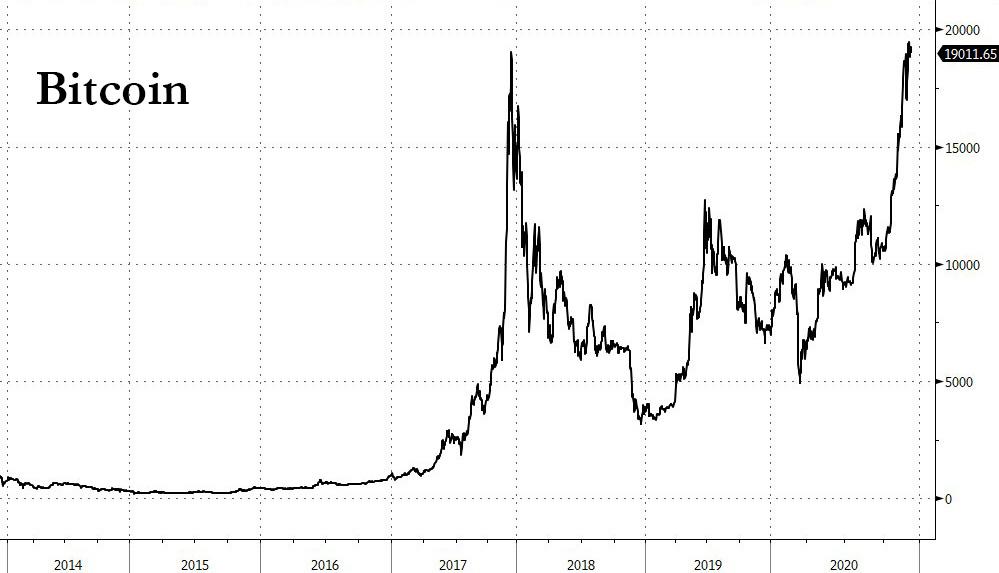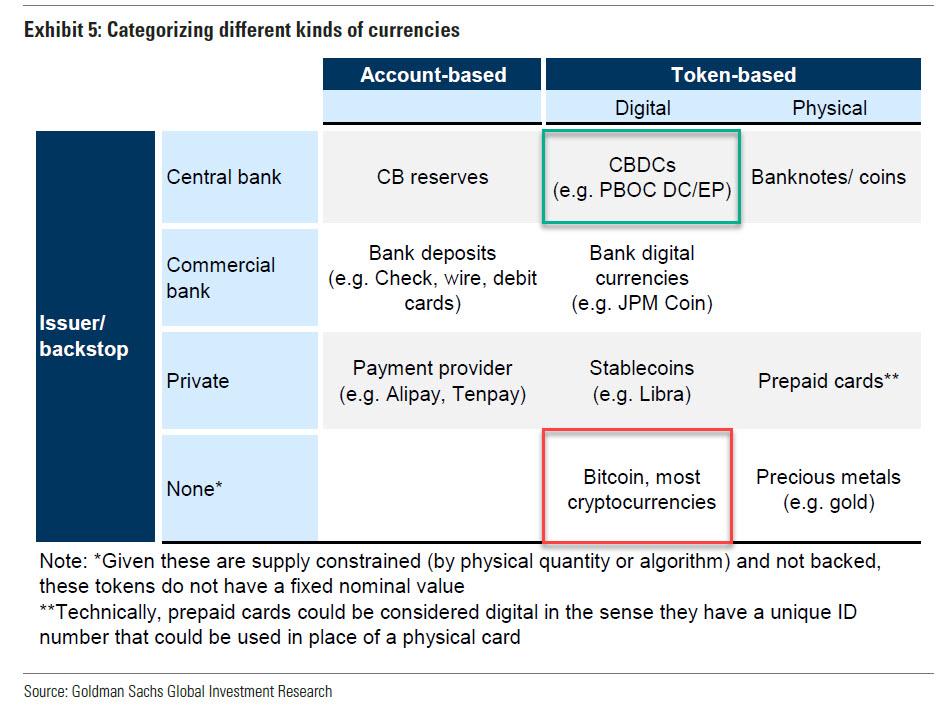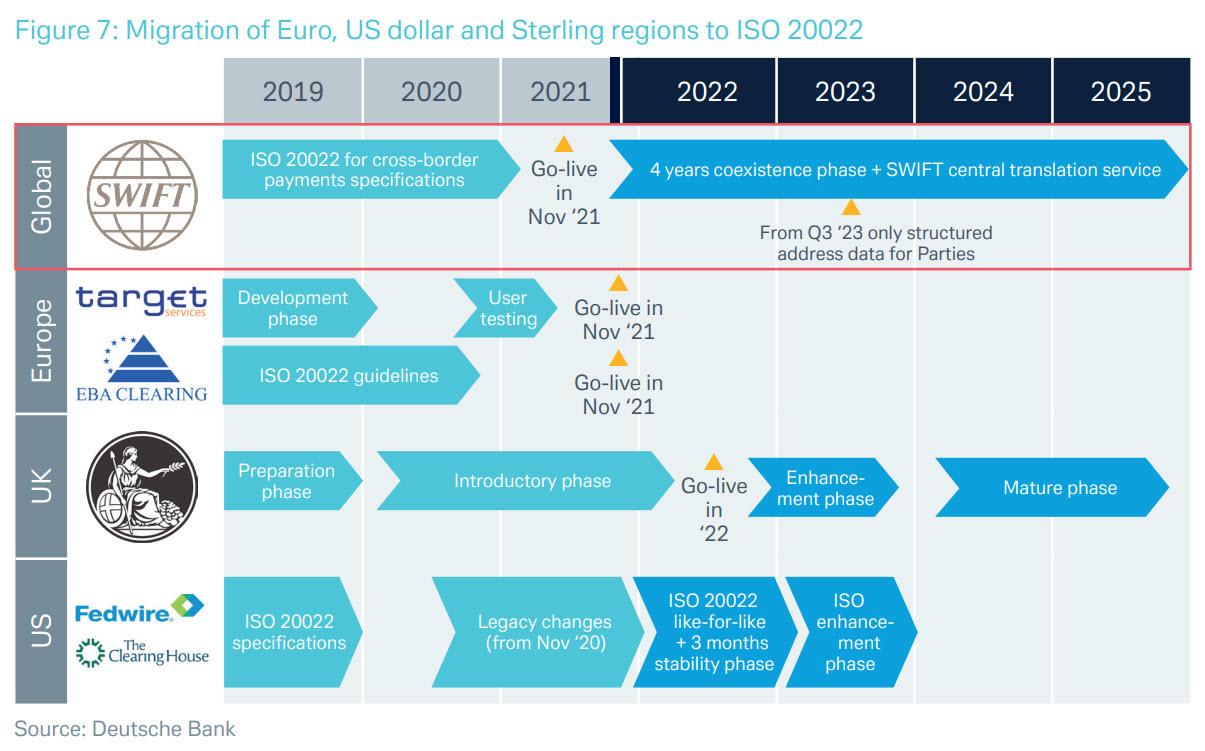G7 Finance Ministers “Strongly Support” Regulation Of Cryptocurrencies
Tyler Durden
Mon, 12/07/2020 – 20:20
With bitcoin trading at fresh all time highs, if just shy of $20,000 for the time being, it was only a matter of time before the establishment renewed its calls for regulation of cryptos, especially now that official central bank digital currencies are in the process of being rolled out to enable instantaneous deposits from central banks (i.e., freshly printed currency which has no matching liability) to end-consumers in hopes of finally sparking one massive inflationary conflagration.
That changed today when G7 finance ministers and central bankers confirmed there is “strong support across the G7 on the need to regulate digital currencies” the Treasury Department said in a statement on Monday after a virtual meeting of the officials.
As Reuters adds, German Finance Minister Olaf Scholz issued a sharply worded statement after the meeting, underscoring his concerns about authorizing the launch of Facebook’s Libra cryptocurrency – which was recently renamed to Diem – in Germany and Europe.
“A wolf in sheep’s clothing is still a wolf,” he said. “It is clear to me that Germany and Europe cannot and will not accept its entry into the market while the regulatory risks are not adequately addressed.” He added: “We must do everything possible to make sure the currency monopoly remains in the hands of states.”
Oddly enough, he had no similar negative comments about digital currencies that are endorsed by central banks. In other words, digital currencies backed by central banks, good; but bitcoin and other cryptos not backed by a central bank, bad.
Steven Mnuchin hosted the 12th meeting of the G7 finance officials this year related to the COVID-19 pandemic as Washington prepares to hand over the presidency of the G7 to Britain next month. The G7 finance officials discussed ongoing responses to “the evolving landscape of crypto assets and other digital assets and national authorities’ work to prevent their use for malign purposes and illicit activities,” Treasury said.
“There is strong support across the G7 on the need to regulate digital currencies,” the G7 statement said, and reiterated support for a G7 joint statement on digital payment in October, which said digital payments could improve access to financial services and cut inefficiencies and costs, but should be “appropriately supervised and regulated.”
In other words, the only cryptocurrency that will be permitted is one which is backstopped by a central bank.
G7 finance officials also discussed domestic and international economic responses to the COVID-19 pandemic, and strategies to achieve a robust global recovery, the statement said.
As we showed previously, while not nearly front-page news, the push for central bank-backed digital currencies continues, and according to a recent timeline for the ISO20022 standard, the rollout is expected to take place some time in 2022-2023, once both SFIFT and FedWire adopt the new standard.
![]()
Zero Hedge’s mission is to widen the scope of financial, economic and political information available to the professional investing public, to skeptically examine and, where necessary, attack the flaccid institution that financial journalism has become, to liberate oppressed knowledge, to provide analysis uninhibited by political constraint and to facilitate information’s unending quest for freedom. Visit https://www.zerohedge.com



